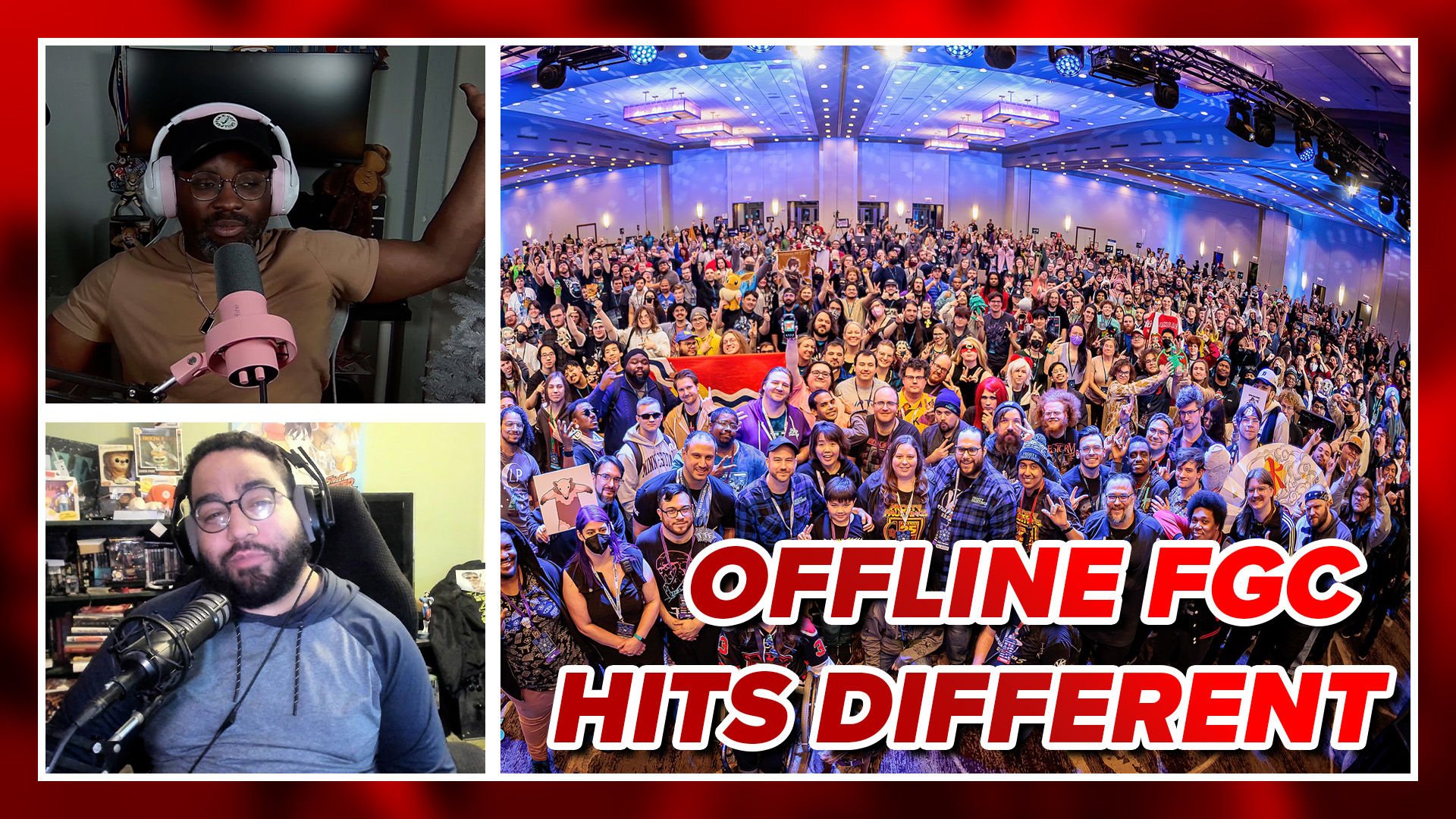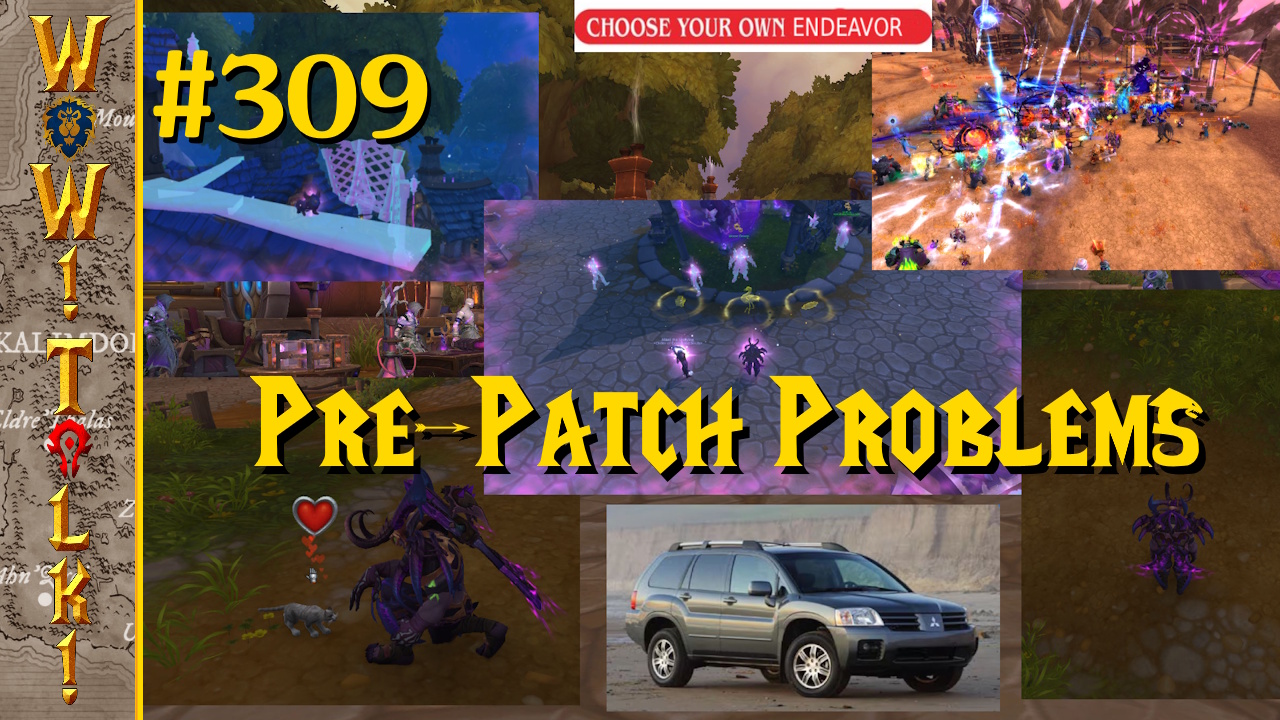
After having played so many tedious point-and-click adventure games, Telltale Games’ The Wolf Among Us brought urgency, action, and suspense to a genre that seemed incapable of having any of them. Playing that game made me sad that I’d missed out on the first season they’d put out for The Walking Dead. Yes, I’d actually missed the series that everyone was talking about last year, something that I’m going to correct as fast as I can after having played the first part of the second season, All That Remains. While I’d thought that their work on The Wolf Among Us was amazing, it looks positively slow-paced compared to the endless tension of All That Remains.
I swear, this game is never screwing around. The only time the game seems to have moments of quiet is when it’s setting you up for another moment of intense action and terror. Despite the game only lasting a little under two hours, there are several different action sequences that took me by surprise and left me scrambling at the buttons (and often failing). This may have come from having no experience with the games before, but I really liked that I could have a pretty good sense that something bad was going to happen, but the game would still be able to yank the rug out from under me. Even then, there were one or two moments that I just didn’t see coming at all, and I got killed quick during those times. Apparently the lesson to be learned here is that if the zombies outbreak happens, old Joel will probably get eaten first.
Those action sequences are intense, too. The first time I got attacked, I had no idea what to do, which was kind of awesome. The game’s interface highlights everything you could conceivably want to interact with, and lights it up with a bright red circle and button prompt once you hover over it. The game gave me the tools I needed to get through these sequences, but it didn’t stop the action or anything to teach me how they worked. It had already shown me earlier during non-combat sequences, and it did so quickly and without intruding on things. This meant that when combat rolled around the game didn’t feel the need to hold my hand. I knew how to work the game, but was now expected to do it well while under stress. If I couldn’t? Well, maybe my throat was going to get ripped out for my incompetence.

Seeing that game over screen made me recognize that there were going to be serious consequences in the game if I screwed up. I’ve rarely seen straight-up failure in point-and-click games, so having it appear here made it clear that I could mess things up bad. I have to admit, I figured as long as I was doing something during an attack that I would pull through. This was a point-and-click game, right? It’s not like it would have me die. Well, I was wrong, and actually died so quickly and spectacularly that it made me panic whenever I was attacked for the rest of the episode. I would swing my head from side to side during attacks, frantically looking for anything that I could fight back with. I’d hammer on the button if I found anything, sweeping the mouse around while I fought to get my enemy off me. That panic at the prospect of a game over, even if it wouldn’t take me all that far back, just made my reactions clumsy out of a genuine fear of failure. It was an awesome feeling, even though I was getting chewed to pieces while hearing a terrified child’s voice screaming through my headphones.
You play as Clementine in this game, by the way. You don’t even need to know that much about her to create an instant bond with her as well — one that was impressive in how intricate it was. It made me play the game a bit differently than I would have had I been playing as an adult, even. As an adult character, I think I would have been willing to throw myself into danger a lot more than I was as Clementine. An adult can protect themselves and fight back, but Clementine? I felt afraid and nervous the instant I stepped into her shoes, wondering what I could possibly do when things went bad. The simple act of going to the bathroom alone had me filled with dread (Why was I being sent to the washroom alone? Idiots). This also made every quiet moment one that had me wound tight, as my feelings of vulnerability from playing as a child had my mind racing with the possibilities of what could happen. It was quiet now, but wasn’t that just because a group of dangerous humans or zombies were creeping up on me? I just felt like I was in danger all the time from her small size.
Those feelings of fear for her transferred into this oddly symbiotic need to protect her. I was afraid because I was playing as a child, but then I transferred those fears onto her. This lead to a point where I saw her as a frightened child in a horrific situation, and this only made me want to protect her more. So, my own feelings were being projected onto the character, and then the idea that the character was feeling them as well made me want to comfort and shelter her, creating this tight bond with her.

It’s more than a little amazing that they could trigger this feeling of bonding with her within seconds, especially considering how simply they did it. I played a demo for Among The Sleep a few months ago, and in it you play as an infant in an obviously haunted house. I was playing as a child and didn’t want to see my character hurt, but it still didn’t match the emotional connection I felt with Clementine from playing as her. Part of this also comes from being able to see her as you play, as you get to see her facial expressions and body language.
Watching the downcast look on her face almost all the time, the subtle hopelessness that hits her when she tries and fails to find food, and the tiniest of smiles that appears during a rare moment of tenderness all make her feel more real. Seeing her shiver while she walks, hugging her tiny arms close to her body, is hard to watch and that’s her regular walking animation. Seeing her try to brute-force her way through traps and obstacles while lacking the strength to do so is also hard to watch, making me feel more afraid when trouble’s around but, more importantly, making me feel she’s vulnerable and in need of help. I wanted her safe, and every time I saw her miserable frown, I wanted to bring her back to that moment where she gave a subtle smile.
This also made me step more into her shoes as I played. There is a single moment where you can take a few carefree actions during all of this horror, and it only felt natural to take it. I desperately wanted to make this poor child smile, even though it was putting her into a bad situation. I knew it was going to, but I felt like I needed to bring some joy into her life even if it was a bad decision from a gameplay perspective. I don’t know if I would have done the same had I been playing as an adult character or if Telltale Games had done a less effective job of making her seem believable and lovable as a character. As such, playing as her was a terrifying yet tender experience, one I both can’t wait for and am frightened to go back to.
I’m also nervous to go back because of many of the decisions I made. I often quietly wondered how many of my decisions meant anything in The Wolf Among Us, but I often got very real and instant reactions to decisions I made and things I said in All That Remains. This wasn’t just at points where I was in danger from the zombies (where I could make poor decisions in combat and be killed before I even knew what I’d done. Which was actually pretty awesome), but when someone else was in danger or where a group of people were deciding something terrible about me.

While I enjoyed the feeling of making decisions on the fly in The Wolf Among Us, it didn’t have the constant urgency that All That Remains does. So many of my decisions in this game felt like they were life or death, with mistakes meaning I’d put myself in a bad position or get myself killed. The intensity of the subject matter and situations in the game made it hard to make these split-second calls, but if I didn’t, I’d end up saying or doing nothing, something that was potentially much worse. It took a gameplay feature that Telltale Games had already impressed me with and made it even more involved and immersive.
The voice acting does a good job of making these moments seem frightening as well. A lot of the voice actors do a good job of sounding stressed and angry when speaking, adding a lot of urgency to some of the conversations. They really sound like people who are on edge, or in other places do a great job of sounding crushed and defeated. I thought this might have led to an issue where they were just good during periods of stress, but many of the voice actors did a solid job during the few moments of calm, sounding natural and relaxed. The only one I honestly had any problem with was Clementine herself. I’m not saying her voice didn’t work most of the time, and maybe I’m asking a bit much, but there were times when her lines definitely felt like they were just being read. It kind of worked as she was clearly drained and under huge amounts of stress for most of the game, so the voice acting made her sound tired and defeated a lot, but there were still lines that felt off. I may be expecting a bit much for a young character, but it did bug me here and there.
One thing that impressed me but may bug series veterans was how accessible it was for a newcomer at the beginning. I was worried that I’d have to go back and play through the entire first season to understand what was going on, but the game does an excellent job of taking off with its own story. There are nods to what happened during the first season, nods that will spoil those games if you haven’t already played them, but if you have no spare time to go back to the first season and just want to move ahead, All That Remains does a great job of kicking off a new story arc without needing the old one. This may mean that the game takes a bit of time establishing Clementine as a character that might not be necessary for players who already know her, but I think having her as the playable character makes the experience of learning about her different enough that series veterans won’t mind.
All That Remains has a tight, stressful storyline filled with action and urgency, one told about a character I developed an instant bond for. It made me connect with Clementine within instants, showing me tenderness despite the horror all around her. It also drew me into this interesting world, showing me the paranoia, greed, and fear that have overtaken every aspect of living within it, and all without obnoxious flashbacks or long monologues. The people at Telltale Games may be some of the most graceful and skilled storytellers in video games and even beyond, and I am genuinely disappointed in myself for not finding their work sooner.
The Walking Dead: Season 2 Episode 1 – All That Remains is available as part of the Season pack, which is $24.99 on Steam.




